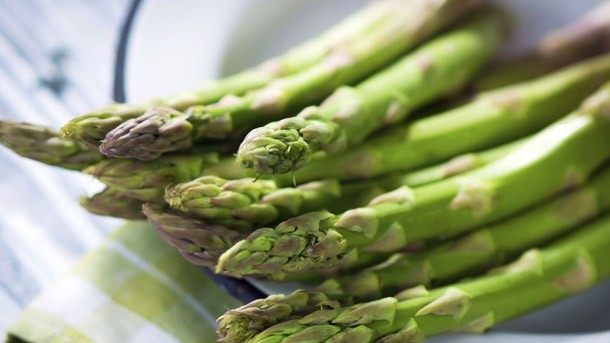Vegetarian and vegan trend soars as consumers reduce meat intake

According to new data from Innova Market Insights, launches in food and beverage products featuring the term ‘vegan’ also accounted for 4.3 per cent of the total in 2015, up from 2.8 per cent in 2014 and just 1.5 per cent in 2012.
This represented a significant opportunity for the industry, Innova said, and pointed towards the growing trend for people to eat a less meat-heavy diet, with many choosing to be vegan, vegetarian, non-meat eaters, or non-red-meat eaters, according to the study.
There was also a growing number of ‘flexitarian’ eaters, who generally eat a plant-based diet but sometimes eat meat or fish; alongside meat eaters who would be open to meat substitutes or occasional plant-based alternatives.
Germany was found to be leading the trend, with 69 per cent of consumers claiming to eat meatless meals once or more a week. This was in comparison to 38 per cent of Americans saying the same thing.
Plant-based substitutes for meat had grown in popularity, including products made with soy or wheat protein, plus those with egg and pea protein, nuts, and so-called ‘ancient grains’. The number of global meat substitute launches recorded between 2011 and 2015 had grown by an average of 24 per cent from 2011-15, the report showed.
Lu Ann Williams, director of Innovation at Innova Market Insights, said: “This trend represents a growing opportunity for high-quality meat alternatives. Paradoxically, another key area of opportunity may be in targeting meat eaters as much as vegetarians. While many vegetarians may opt for a diet rich in vegetables and beans, meat eaters may turn to meat substitutes if the product is right.”
The Innova Database tracks trends in food manufacturing. Innova will be presenting ways to "harness the power of the flexitarian consumer" at the IFT Taste The Trend 2016 conference in Chicago from July 16-19.

































